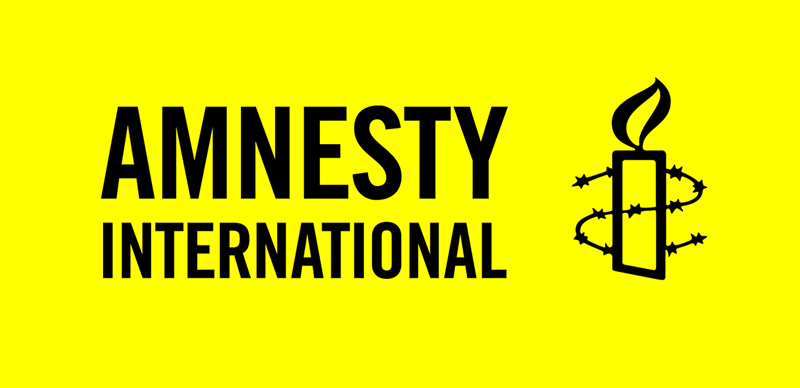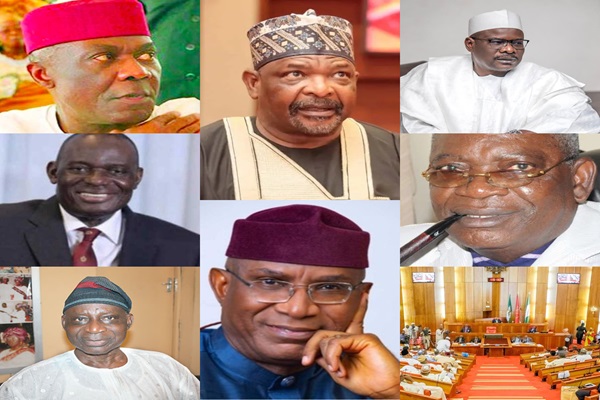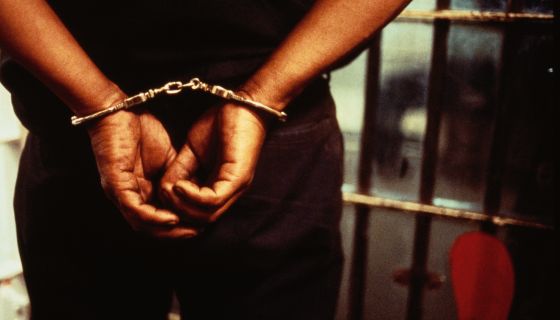Amnesty International has condemned the ongoing rampant human rights violations faced by individuals accused of witchcraft in Ghana, particularly older women, and called on the government to criminalize witchcraft accusations and ritualistic attacks.
The rights organization highlighted that despite the passing of a bill in 2023 by the Ghanaian parliament, which seeks to make it illegal to accuse someone of witchcraft, the bill has yet to be signed into law. The legislation aims to address the increasing cases of people being labeled as witches, which often leads to violent assaults, expulsion from their communities, and even murder.
According to Amnesty, these accusations typically arise after a tragic event, such as the death of a family member or illness, often targeting vulnerable individuals like older women living in poverty, those with disabilities, or women who do not conform to traditional gender roles. In some cases, accusations are even based on personal grievances or mere dreams about the person.
Victims, predominantly older women, are usually from marginalized communities in the northern and northeastern regions of Ghana. These accused individuals are often forced to seek refuge in camps run by traditional priests, where they are isolated from society and left in harsh conditions until they die, unless a family member or another community accepts them.
Amnesty International criticized the Ghanaian government for its inadequate protection of these vulnerable individuals, pointing to the lack of access to basic needs such as food, safe housing, and clean water for those residing in these camps. The organization urged the government to implement a nationwide sensitization campaign and pass legislation to criminalize witchcraft accusations and ritualistic violence, providing protective measures for potential victims.
Genevieve Partington, Amnesty’s country director in Ghana, emphasized that the issue was not only about witchcraft but also about gender and poverty. “The authorities should pass legislation specifically criminalizing witchcraft accusations and ritual attacks,” she said.
Partington is also a member of the Coalition Against Witchcraft Accusations, which was formed after the 2020 lynching of a 90-year-old woman in northern Ghana. Similar incidents of witchcraft-related violence are reported in other parts of Africa, where accusations often lead to brutal punishments, including public stoning, poisoning, and even death.
Amnesty’s call for action comes as the world continues to grapple with the human rights abuses tied to witchcraft accusations, shining a spotlight on the need for reforms to protect vulnerable groups, particularly the elderly, women, and those marginalized by society.




